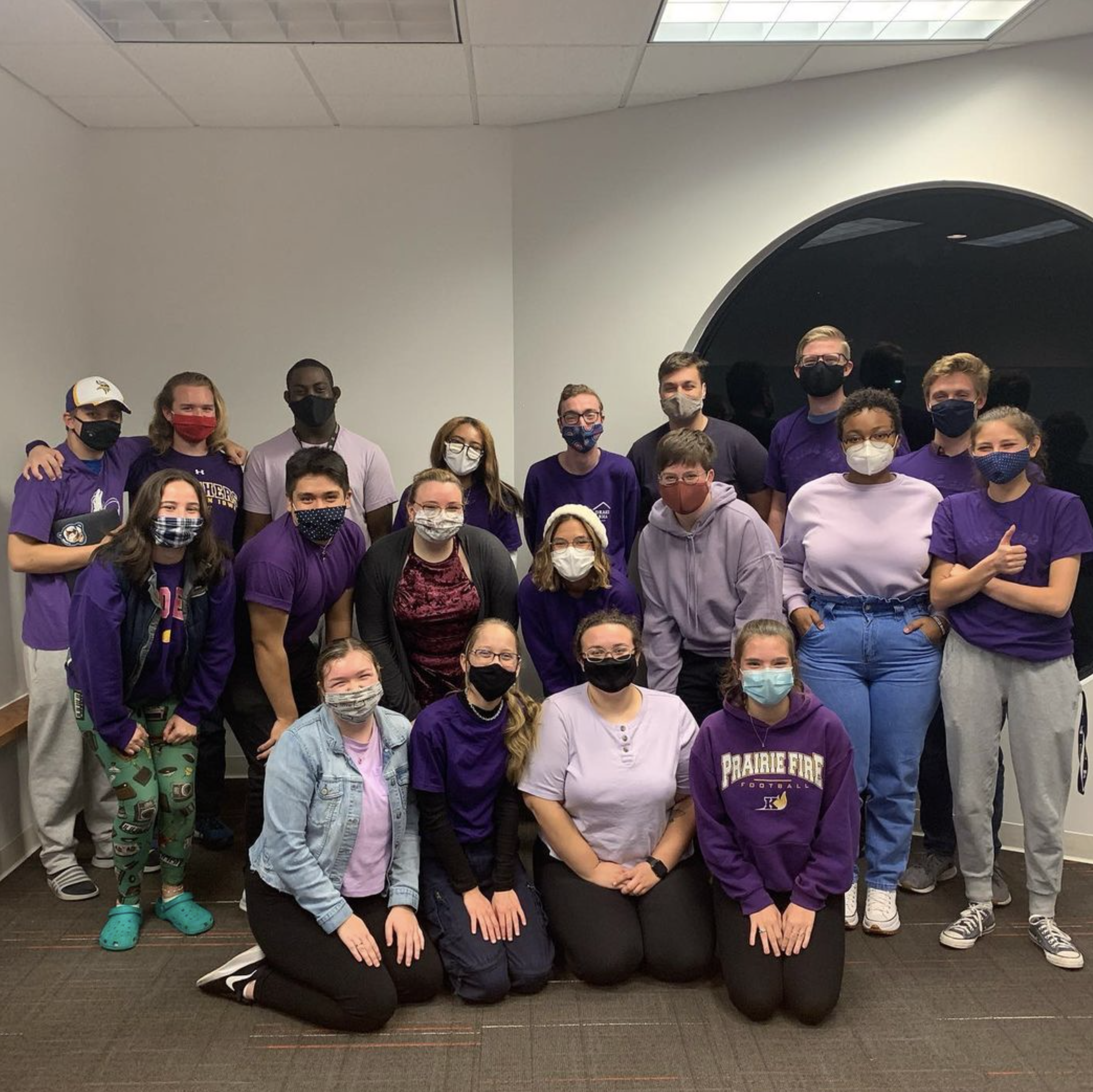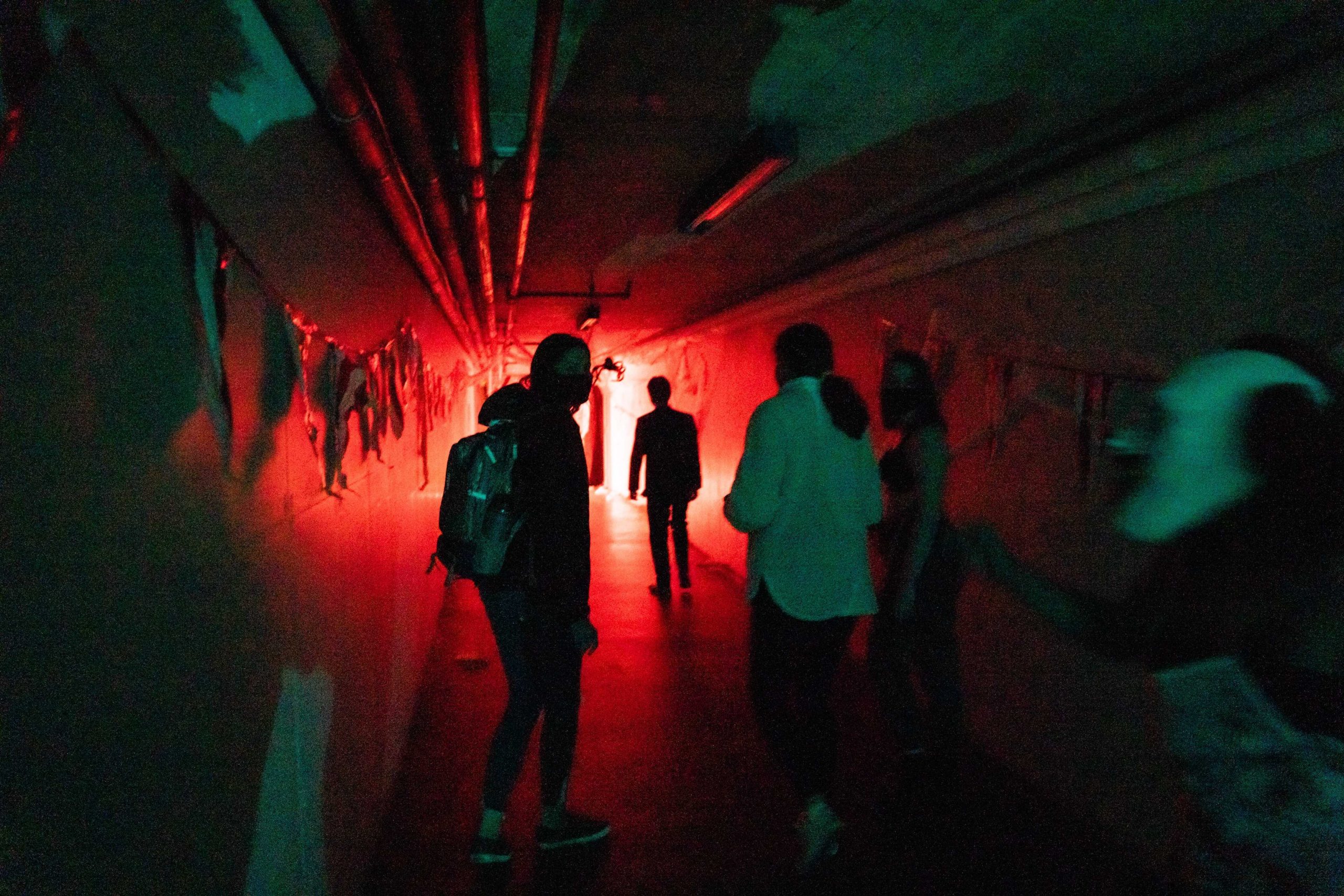Comparison Project speech to cover religion, dance
Michelene Pesantubbee, associate professor of religious studies, from the University of Iowa will be speaking in a lecture titled “Dancing our Troubles Away: Native American Ways of Alleviating Suffering” as the next installment in the Comparison Project tonight.
The director of the Comparison Project is Drake University philosophy and religion associate professor Tim Knepper, who started the project to bring greater awareness to the religious diversity of Des Moines.
The project hopes to encourage religious literacy, provide a forum for interfaith dialogue and help students to understand the bigger picture of religion. This is the third event held by the Comparison Project. Past project events have included an interfaith dialogue between students on campus and a lecture about Sikhism.
“We have a commitment to giving voice to neglected and demonized religious traditions. We also do not want to neglect the more visible religions, but we wanted to give voice to lesser-known traditions,” Knepper said. “I wanted to something with African religion or indigenous American religion, in part because practitioners of those religions have suffered so much.”
This is the first year for the Comparison Project, and the theme is “religious responses to suffering.” This theme came from discussions between Knepper and Dr. Richard Deming, an oncologist and founder of the non-profit organization Above and Beyond Cancer. This organization works with cancer survivors to achieve feats of physical strength. In the past the group has climbed to the base camp of Mount Everest and the summit of Mount Kilimanjaro.
Drake faculty members have given lectures to project participants in the past about religious practices in the areas they were preparing to visit. One of the later programs will be a reading of the creative non-fiction works of some of the participants in the “Above and Beyond Cancer” project.
“He (Deming) was interested in supporting the program, and we decided to have the theme be something that would tie our projects together, and that is how we got religious responses to suffering,” said Knepper.
Knepper teaches a comparative religions class which coincides with the Comparison Project. Students in the class read materials from the speakers who give the Comparison Project lectures and focus on comparing the religious practices discussed in the lectures.
Nora Sullivan, a junior international relations and religion double major, is in the class, and is Knepper’s research assistant for the Comparison Project.
“In the class, we’ve talked about Sikhism and Lakota traditions,” Sullivan said. “By taking the class, I’ve learned even more about each of the traditions and developed stronger opinions about how to compare them and how they intertwine.”
The next installment of the project is a lecture by professor Pesantubbee, who received her doctorate degree in religious studies from the University of California, Santa Barbara in 1994 and began teaching at the University of Iowa in 2003. She does research on Native American religious change, especially focusing on the European influences regarding this topic. She wrote a book titled “Choctaw Women in a Chaotic World,” that focuses on the impact of Europe on the lives of Choctaw women.
The lecture tonight will discuss how Native American religion responds to suffering, especially through the Cherokee booger dances and the Lakota ghost dance. The lecture about Native American practices is part of the goal of the Comparison Project to give voice to marginalized religions.
“I’m going to be talking about how those two dances helped the respective tribal groups heal from colonial violence,” Pesantubbee said. “Ceremonies are a way to bring together the Native American community so that they can heal as a community and as individuals to create a healthy culture.”
Future lectures will focus on other religious traditions. The last fall lecture will focus on Abd al-Qadir and his role in leading the resistance to French occupation of Algeria in a humane way. There will also be lectures in the spring on Christianity and humanist responses to slavery, Buddhist responses to the Nanjing Massacre and innovative Jewish responses to the Holocaust. There will also be the creative non-fiction reading by participants in the Above and Beyond Cancer project and a culminating question and answer session which will illuminate major themes that were revealed in the series and how the lecture topics compare.
“I hope that Drake’s campus becomes an interfaith campus, and that we create a community that is more conscious of different types of religion. Many people have said that this is something that is lacking on campus, and that it is really important,” Sullivan said. “I would like to see events where people come together and say ‘We don’t think the same thing, but let’s talk about this issue.’ I think there are a lot of people who are passionate about this.”




